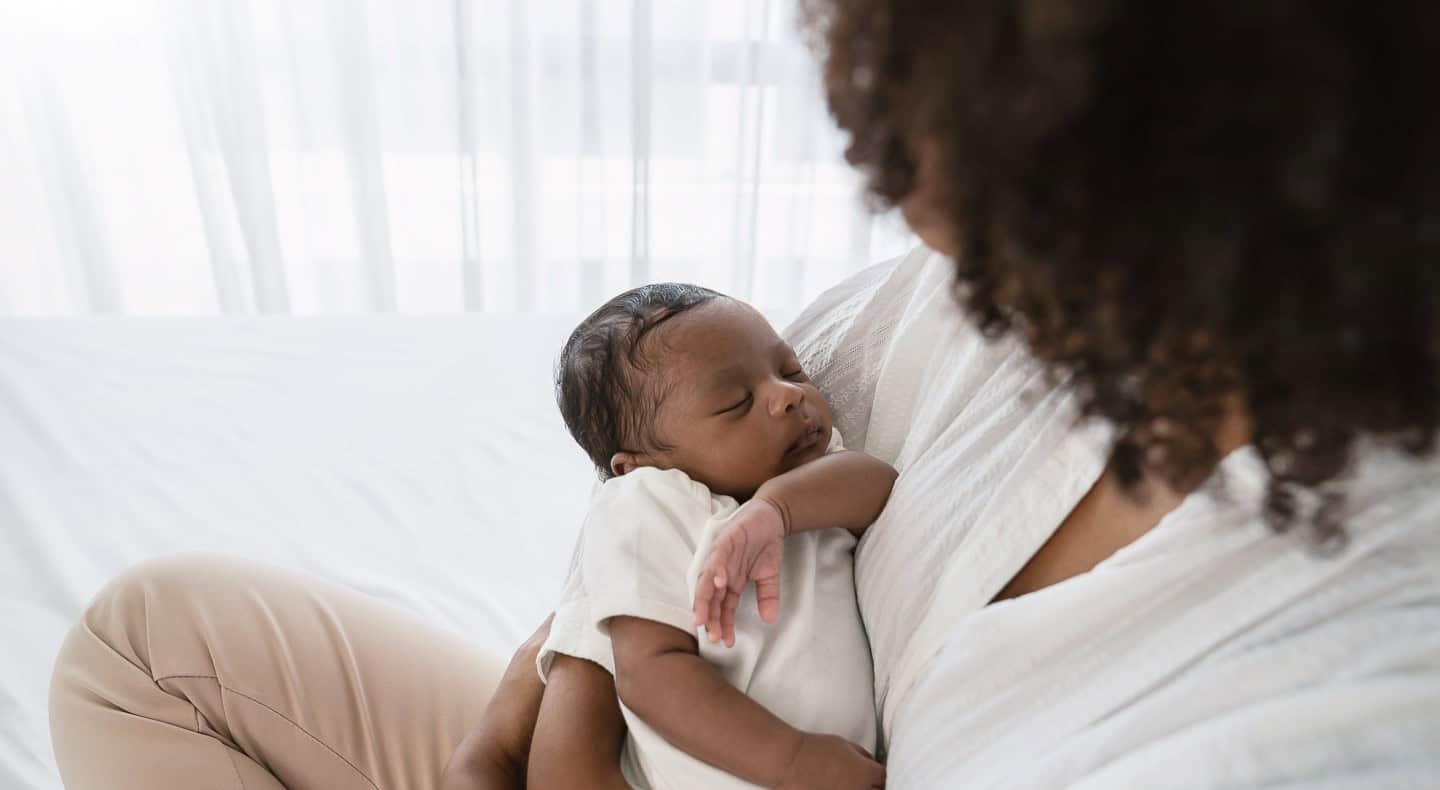
BBK visits Parliament for APPG for Black Maternal Health
Last week I attended a meeting of the APPG on Black Maternal Health in Parliament on behalf of our Women’s Health Team. It was the first meeting of the APPG of this parliamentary session, and it raised a lot of important discussions around maternal health, particularly amongst Black women.
The APPG was hosted by Bell Riberio-Addy MP who was first elected to Parliament in 2019. The new MPs who make up the APPG have not yet been confirmed, however previous notable members include Diane Abbot MP and Caroline Nokes.
Kate Brintworth, the chief midwifery officer at NHS England and other staff from NHS England joined the meeting to discuss what the NHS had been doing to improve health inequality in maternity services.
Five X More
The Black Maternal Health APPG is run by the campaign group Five X More. Five X More was founded by Clo and Tinuke. The campaign was started due to Tinuke’s experience of giving birth to her son in 2017.
The name originated from the MBRRACE studies in 2019 that found Black women were five times more likely to die during childbirth. Since the report in 2019 Black women are still 3.7 times more likely to die than white women in childbirth.
Consultation Fatgiue?
One of the discussions raised during the meeting was around consultation fatigue. A participant in the meeting raised a question to the panel regarding how many mothers felt that over the last few years there had been multiple consultations on maternity health but very little action.
Since 2022 there have been two parliamentary inquiries into maternal health. The first focused on Black Maternal Health and the second looked more widely at all maternal health but did acknowledge the health inequalities between races.
UK Parliament – Report on Black Maternal Health 2022-23
UK Parliament – Birth Trauma Report 2023-2024
Further to this, in 2022 NHS England set up a new taskforce to address and explore inequality in maternity care and how the Government can improve outcomes for women from ethnic minority communities.
Despite the reports and the taskforces, Black women are still significantly more at risk to die during childbirth than white women.
Jaundice and how it appears in Black babies
Another issue raised was regarding care for newborn babies. Jaundice is an incredibly common condition in newborn babies. The NHS reports it is estimated six in 10 babies develop jaundice, with the figure raising to eight in 10 for babies born prematurely.
Jaundice is common and usually harmless. However, it is important to determine whether the baby needs treatment. If a baby goes undiagnosed and untreated, there is a risk they could develop permanent brain damage.
The challenge is that jaundice is identified by yellowing of the skin and the white of the eyes. This can be more difficult to identify in Black or brown skin.
In 2023 NICE undertook surveillance into this issue. Whilst their report found low instances of bad practice, there were Black mothers in the meeting who had raised their concerns, revealing that they were dismissed initially when they raised concerns with their doctors and midwifes.
Our work at BBK on health inequality
At BBK we are passionate about supporting the fight to end health inequality.
Our Manifesto for Injured People urges more training for doctors and health professionals and information campaigns aimed directly at affected population groups.
One of our clients was a Black woman with an African accent who suffered with cervical disc prolapse for more than six years before it was diagnosed. She was unable to walk, had significant sensory problems and was suffering from neuropathic pain in all four limbs by the time she was eventually diagnosed.
Despite clearly communicating her incredibly serious symptoms numerous times she was repeatedly ‘fobbed off’ by medical staff – her GP continually told her all she needed to do was to lose weight and carry out some physio exercises. Our client believes her health concerns were ignored due to racial bias.
After hearing her story we conducted further research into whether UK healthcare standards differ depending on your ethnic background. We found people from some ethnic groups reported negative healthcare experiences at a higher rate than the national average.
The most recent figures suggest about 72% of British people have reported a ‘good’ experience with their GP, however, for those patients specifically from a Bangladeshi (57%), Pakistani (59%), or Gypsy/Traveller (60%) background, this figure falls substantially lower.
If you or your child have suffered an injury during birth please do not hesitate to reach out to our women’s health team for a free no-obligation, strictly confidential chat.










